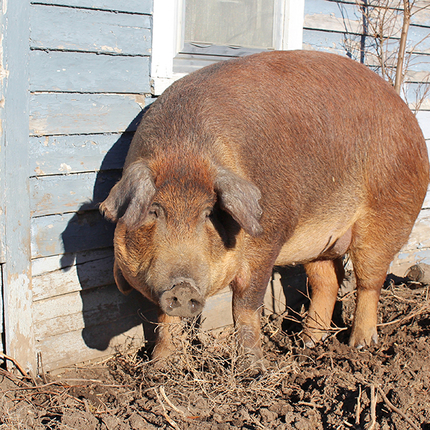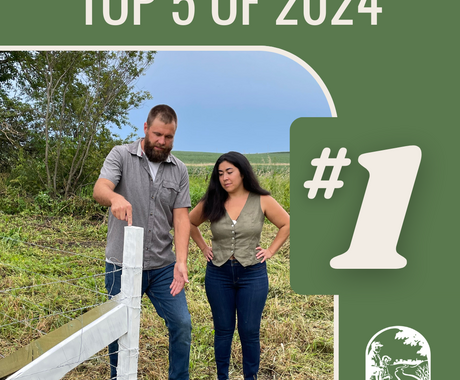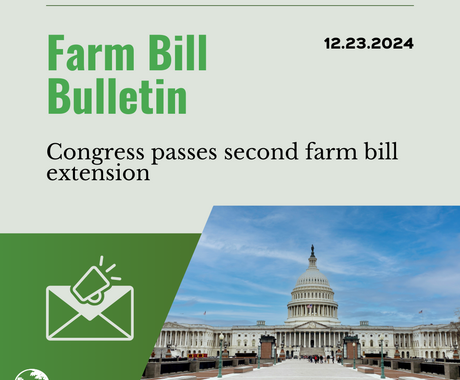By Mary Kuhlman, reposted from Public News Service
DES MOINES, Iowa -- Iowans are being encouraged to add their two-cents on new regulations aimed at expanding protections for chicken and livestock producers as they deal with processors.
The USDA has called the regulations the "Farmer Fair Practice Rules," and Anna Johnson, policy associate with the Center for Rural Affairs, predicts they'll end some of the unfair or anti-competitive practices sometimes faced by contract poultry and livestock producers.
The first rule, already in effect, is known as the "house fire" rule. According to Johnson, it specifies that farmers don't have to prove harm to any of their competitors in the industry when taking a processor to court for unfair practices.
"That's like saying if your house burns down and you go to our insurance agency for damages, your insurance agency comes back and says you have to prove that when your house burned down, it hurt your entire neighborhood,” Johnson explained. "So, this rule fixes that, and makes it so that farmers don't have to prove that a processor's actions against them hurt the whole industry."
The second rule essentially requires fair contracts between poultry dealers and producers. And the third specifies which actions by meat processors are considered legally unfair when dealing with livestock growers.
The public comment period on all three rules is open until Feb. 21.
The Trump administration will be responsible for finalizing the second and third rules, which Johnson said she believes will go through, given the new president's pledge to help small business.
"These rules are really important and obviously these rules are going to help out small farms, businesses,” she said. "So, we think it's a no-brainer to just finalize them and increase protections for our contact farmers."
According to the USDA, more than half of poultry growers in the country have just a couple of processors available, which can lead to unfair competition and payments. The rules will cost about $144 million over 10 years, which the agency contends is minimal for the industry.





